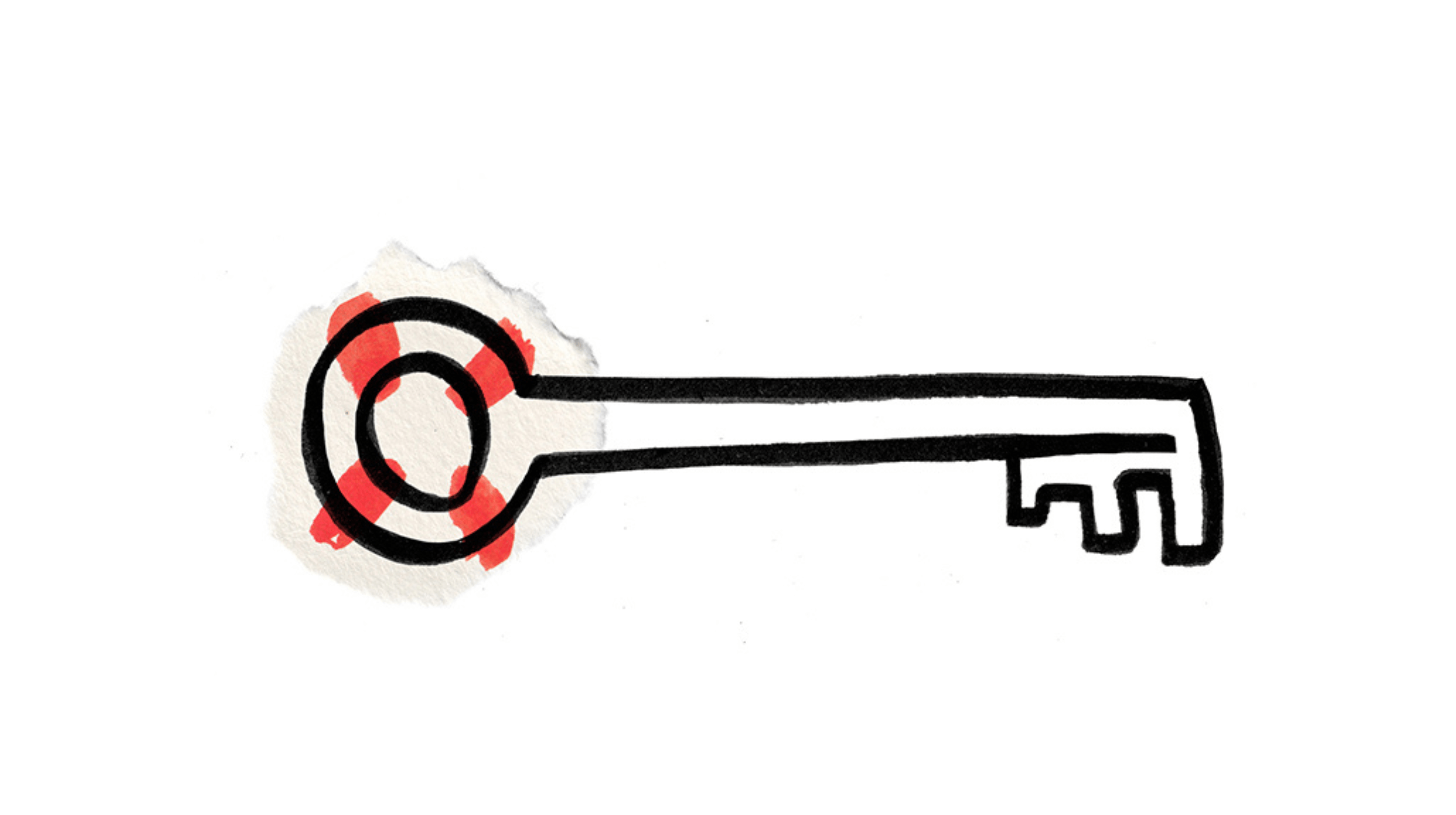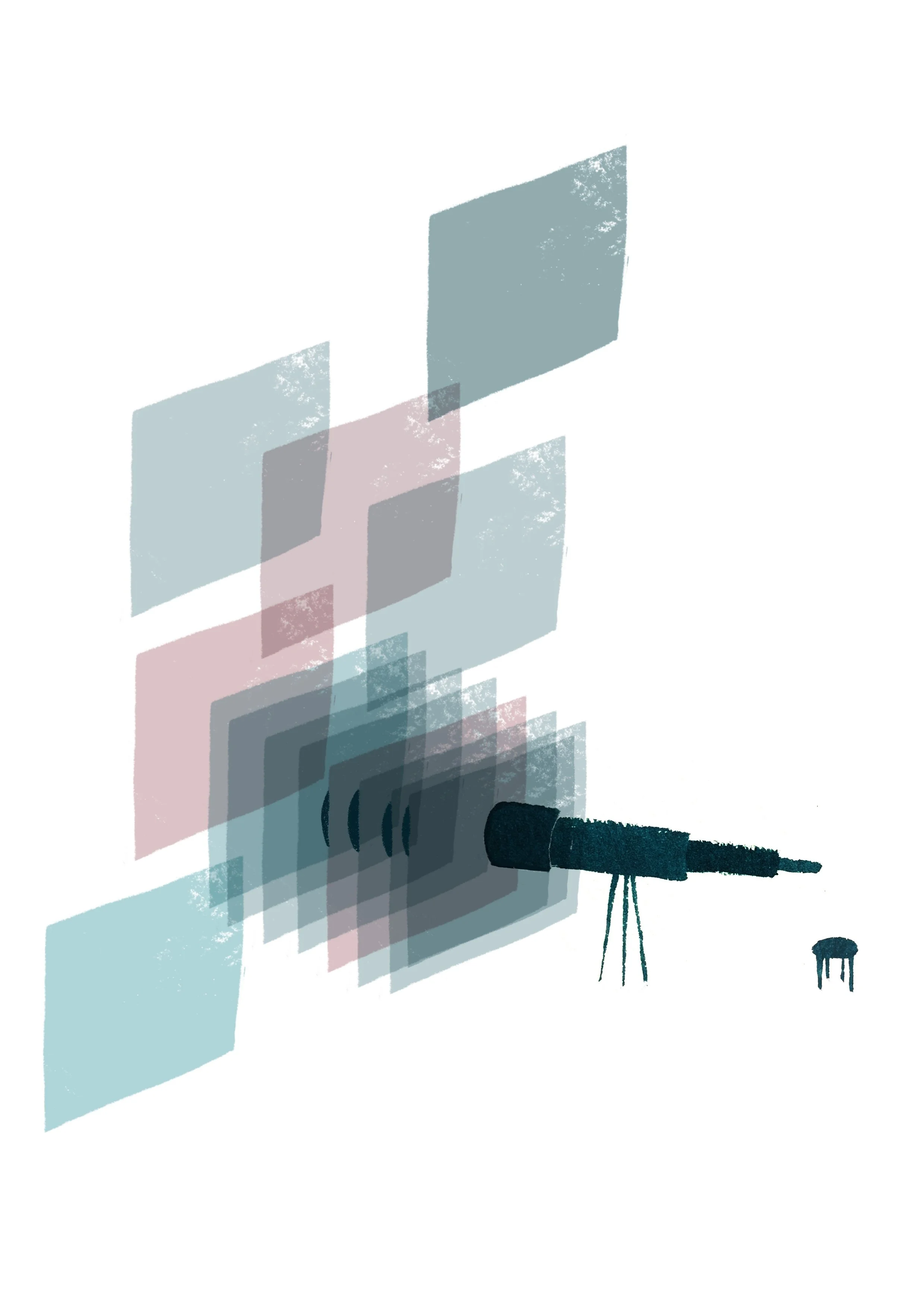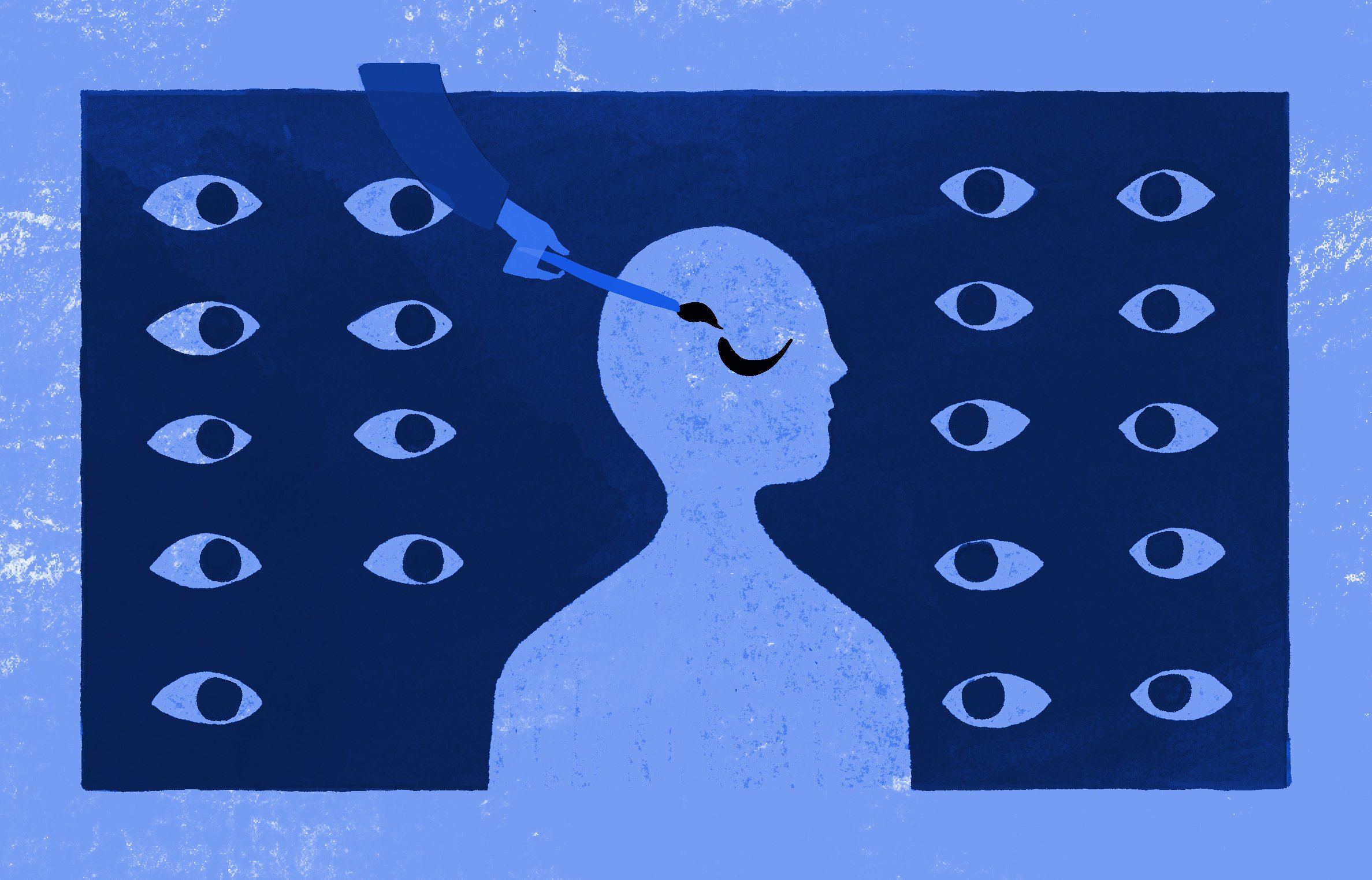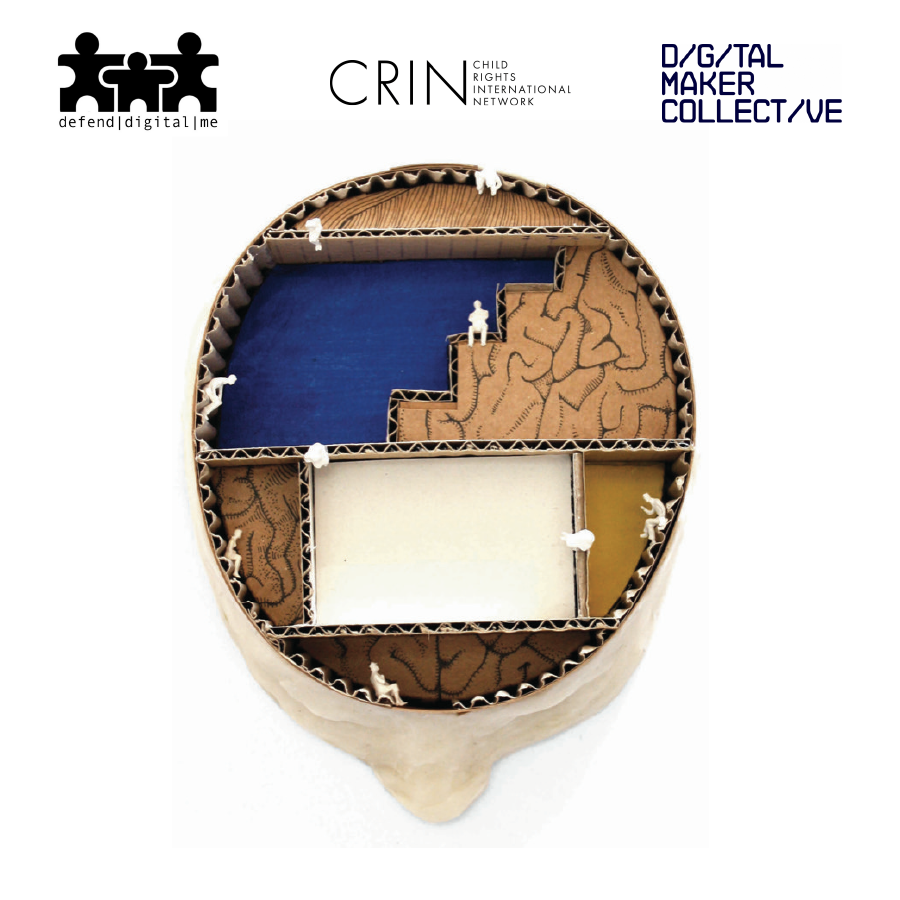After two weeks of furious negotiations, COP29 concluded in Azerbaijan with a new finance goal that fails those most affected by the climate crisis, including children. In this piece, we break down this COP’s key outcomes, its controversies and emphasises the intersections of climate justice and human rights.
Read MoreAs we move towards the end of 2024, CRIN is looking back at the year in child rights climate litigation and looking ahead to what might come next. These reflections include State obligations to prevent harm caused by climate change under the European Court of Human Rights and in the International Court of Justice, growing national litigation related to environmental justice and the challenges children still face.
Read MoreThe UN General Assembly has adopted the Pact for the Future, an agreement between States for how they will work together to respond to some of the future’s biggest challenges. But what does it mean for children and children’s rights?
Read MoreTo protect children’s rights, policymakers, civil society and others need to engage fully with the complexities of the EU’s draft law to prevent and combat child sexual abuse.
Read MoreThis piece explains the main technologies for detecting known and unknown/new child sexual abuse material, as well as grooming, in the context of the EU draft Regulation to prevent and combat child sexual abuse.
Read MoreL’accès des enfants à l’information est parfois restreint de façon disproportionnée, dans le but soi-disant de les protéger. Cet aspect est donc au cœur des débats autour du chiffrement, de la vie privée et de la protection des données. Afin de marquer la Journée internationale de l’accès universel à l’information, nous explorons certaines questions et certains sujets de tensions à travers le prisme de l’accès des enfants à l’information.
Read MoreLe débat sur le chiffrement des données et les droits de l’enfant est souvent divisé entre les approches axées sur la prévention des abus envers les enfants et celles qui mettent l’accent sur les libertés civiles. Cependant, cette polarisation occulte le fait que les droits de l’enfant se situent des deux côtés du discours. C’est pourquoi il est indispensable de trouver un terrain d’entente pour garantir la protection de ces droits.
Read MoreLast week we submitted our comments on the United Nations Committee on the Rights of the Child’s (UNCRC) draft document which seeks to set standards for governments to uphold children’s rights impacted by the environmental and climate crisis.
Read MoreThe Prevent policy has failed. The UK government’s review, released today, clearly demonstrates this failure, yet continues to draw the wrong conclusions, doubling down on the most damaging aspects of the programme.
Read MoreA new report, co-published by CRIN and defenddigitalme, aims to capture the full complexity of how encryption affects children’s lives. It sets out principles for an approach to encryption that recognises and respects the full range of their rights.
Read MoreChildren’s access to information has sometimes been disproportionately restricted with the stated aim of protecting children. This makes it central to the debate around encryption, privacy and protection. To mark International Right to Know Day, we explored some of the questions and tensions in this debate through the lens of children’s access to information.
Read MoreThe debate on encryption and children’s rights is often divided between approaches focused on preventing child abuse, versus an emphasis on civil liberties. But this polarisation hides the fact that children’s rights are on both sides of the discourse. Finding common ground is essential to ensuring that children’s rights are protected.
Read MoreThe Covid-19 pandemic has forced many people to move their lives almost exclusively online. What are the concerns around the collection of children’s data and their surveillance?
Read MoreIn March 2020, CRIN joined the Digital Maker Collective at the Tate Modern’s Tate Exchange developed a series of workshops and talks introducing the general public to children’s rights and the digital environment.
Read MoreIn November 2019, we ran a workshop on how to hide from facial recognition at The Warren youth club in Hull, with DefendDigitalMe and Privacy International.
Read MoreFrom 3 - 8 March 2020, CRIN will be exploring the creative power of the tech and arts industries at the Tate Exchange, running workshops on faming cities, children's rights and the right to privacy in tech, including facial recognition, deepfakes and surveillance.
Read More













